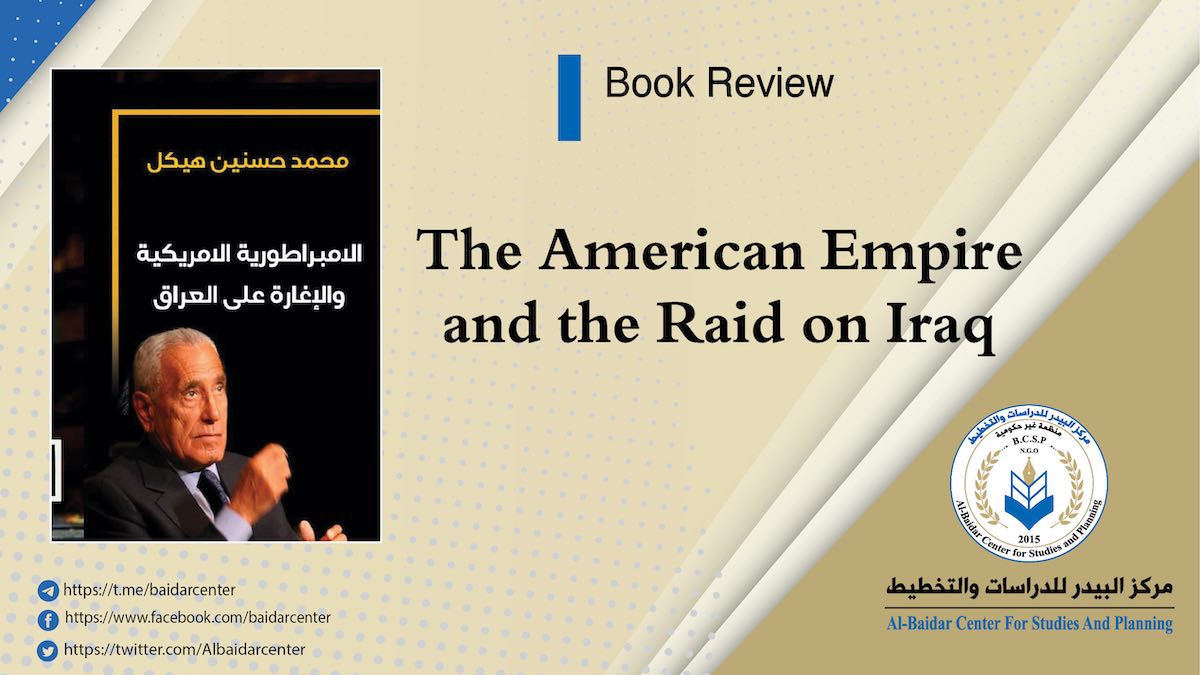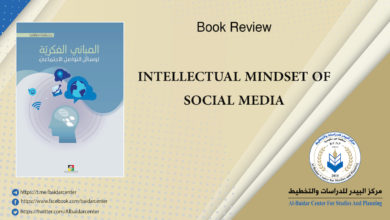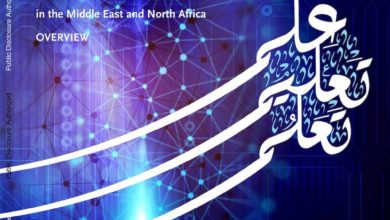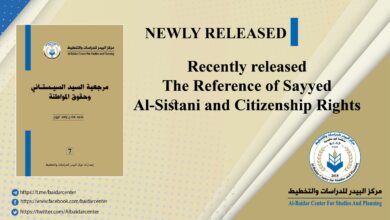Book Review: The American Empire and the Raid on Iraq
Abdel Khalek Kazem Ibrahim
Introduction:
The importance of this book in the field of political history stems from the prominence of its author, Mr. Mohamed Hassanein Heikal, one of the most well-known Egyptian and Arab journalists of the twentieth century. Heikal began his journalistic career at a young age and helped to shape Arab politics as well as Egyptian politics during the monarchy. Since the 1960s of the 20th century, he has been one of the most well-known scholars in documenting and recording Arab events thanks to his famous weekly articles in the Egyptian newspaper Al-Ahram. His works and writings covered the Arabs’ modern political history, including all of its significant occurrences, changes, wars, coups, and vicissitudes.
Two sentences in the book’s preface, “These chapters are the story of actual political realities, and at the same time they are the form of impending political conditions,” by the author, captured the essence of his work. His predictions of what will happen in the world and in the Arab world in particular over the next few years are revealed in the first two sentences.
The book discusses significant turning points in American foreign policy in the twenty-first century and how they relate to the invasion and occupation of Iraq. It examines US President Bush Jr.’s strategy and its connection to the invasion of Iraq, revealing US policy both before and after the occupation. It also paves the way for it by providing a historical reading of the US march in its early setting. In order to cover a wide range of issues, he began with a rapid and succinct history of the United States of America. He then examined the American mindset and its cultural foundation, beginning with its founders and ending with the World War I, to determine what makes it unique. He highlighted the new realities that emerged on the international stage and the ways in which America took advantage of the opportunity to impose its hegemony on underdeveloped nations at the time in order to transform into an empire. In doing so, he shed light on the power dynamics in the world after World War II.






